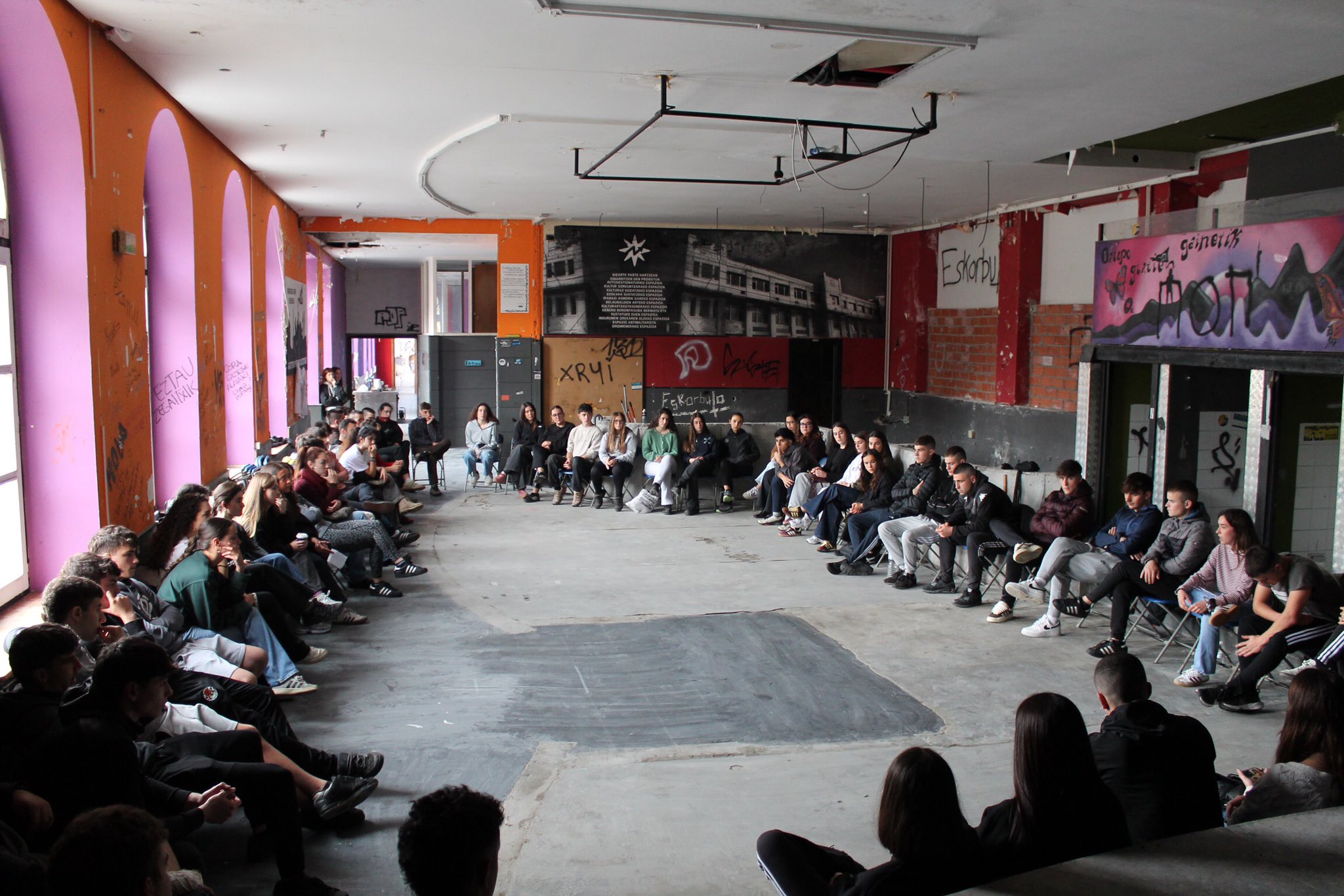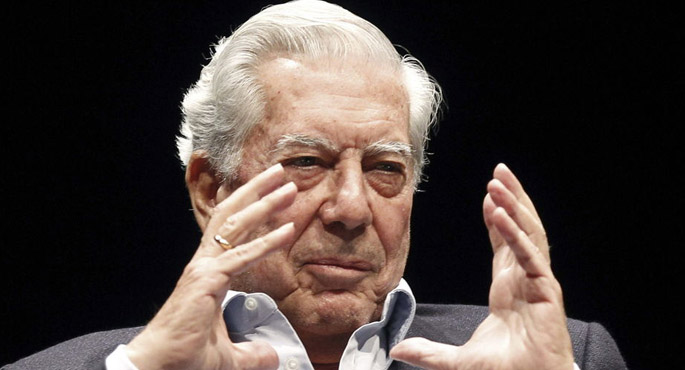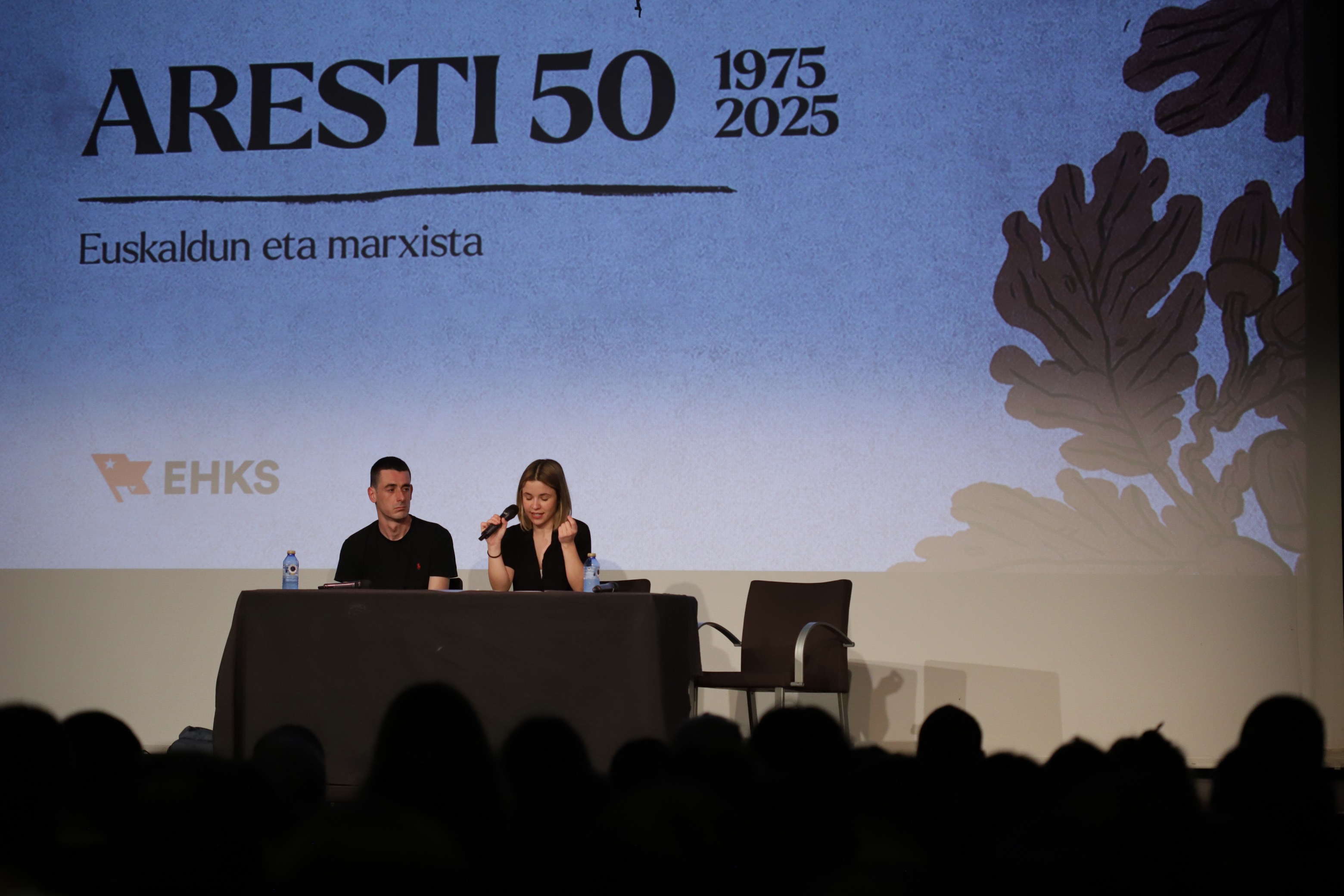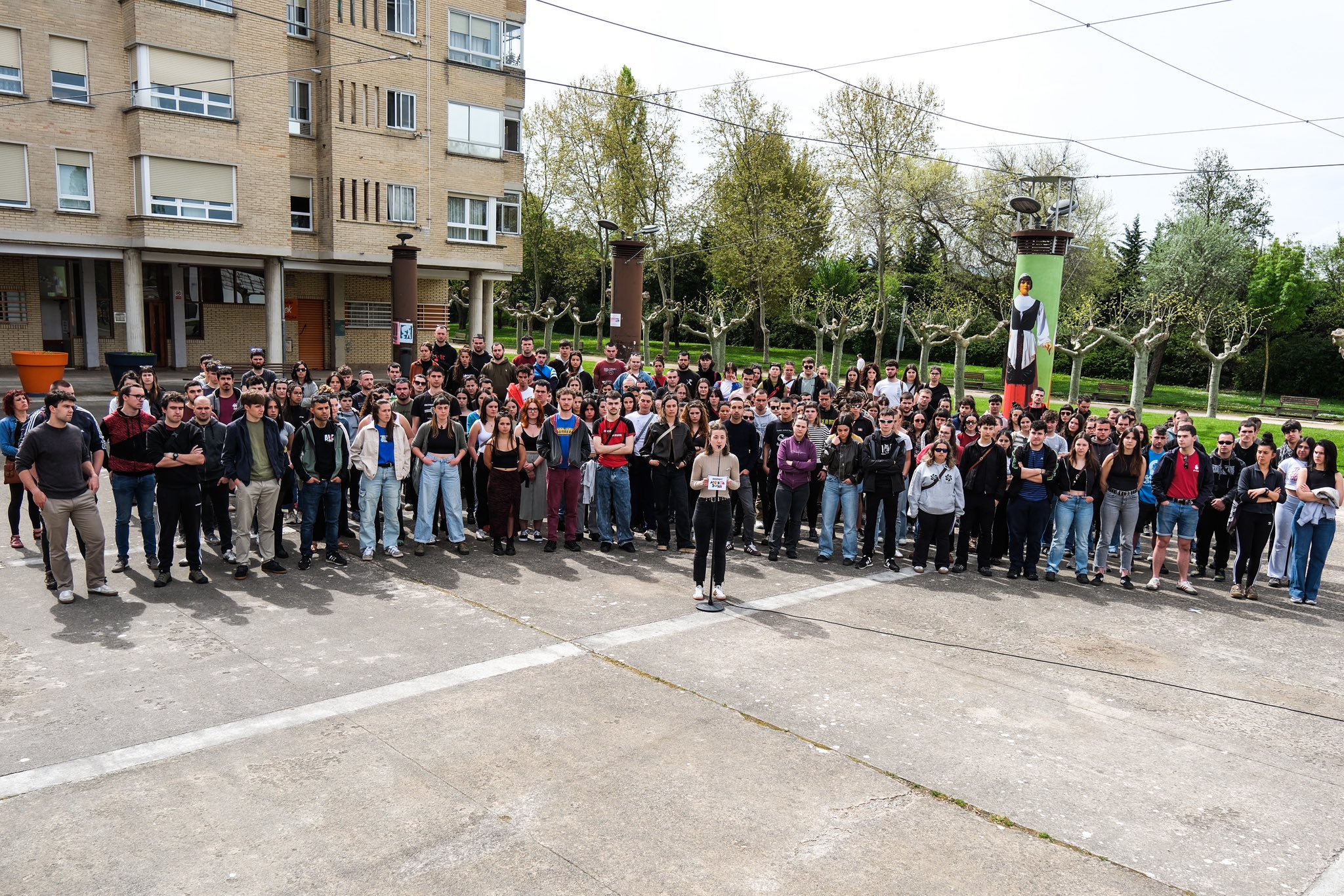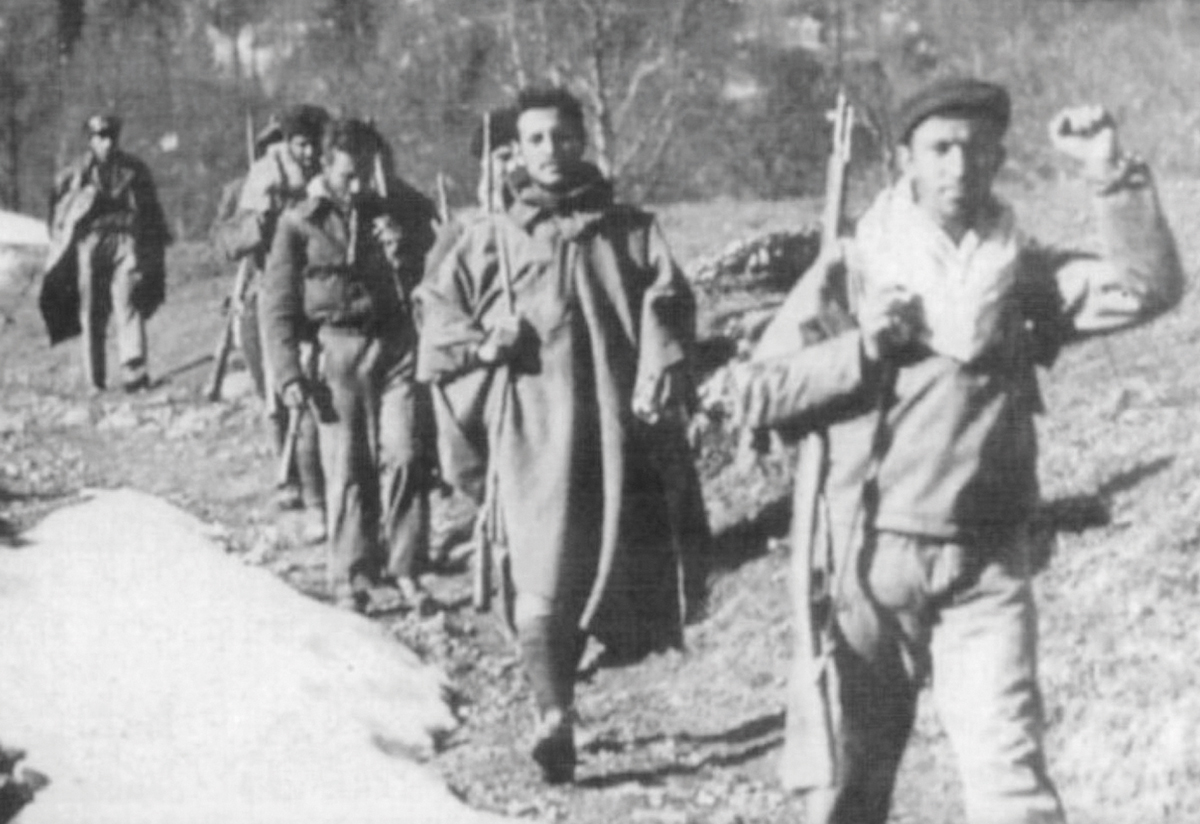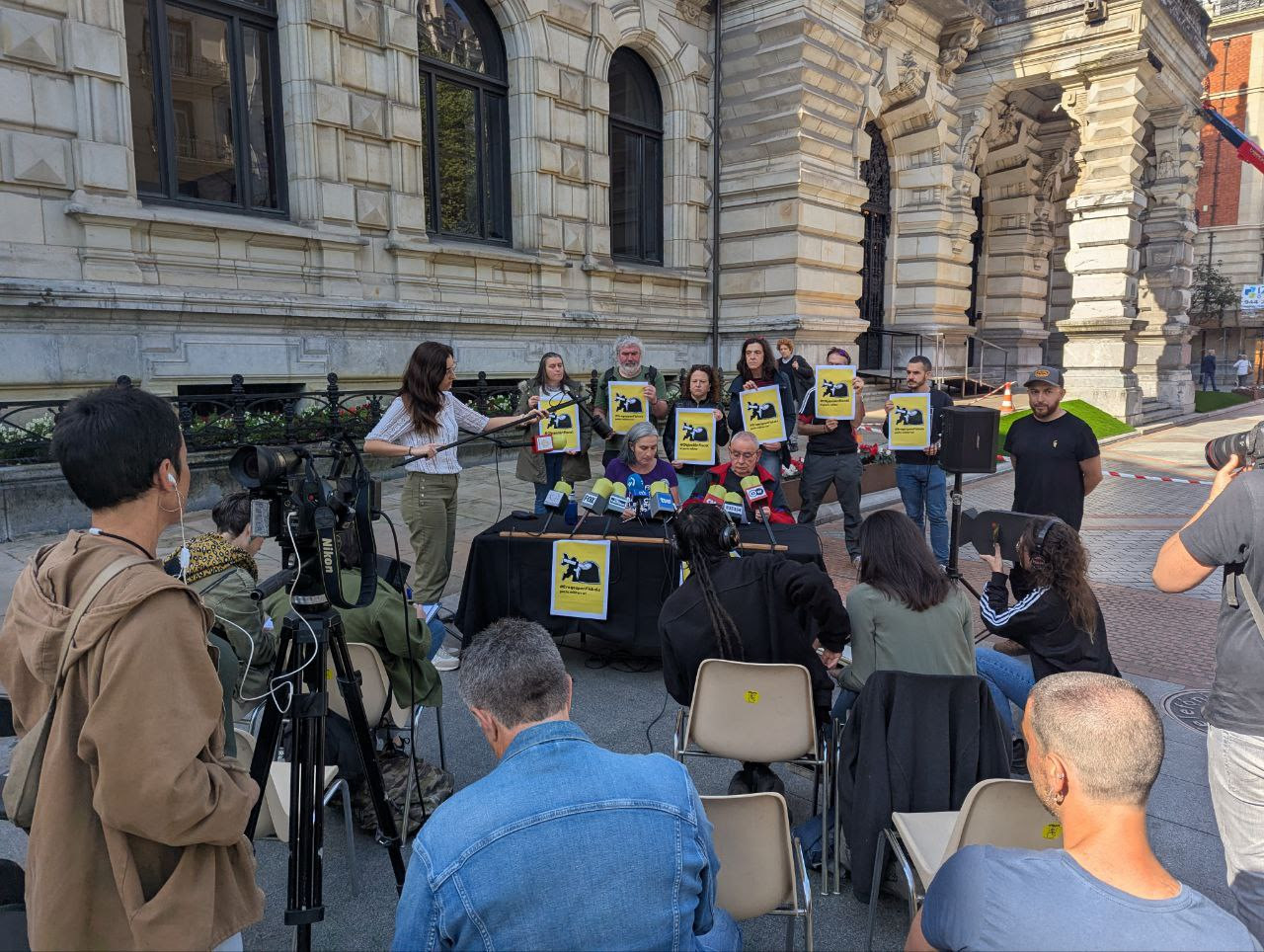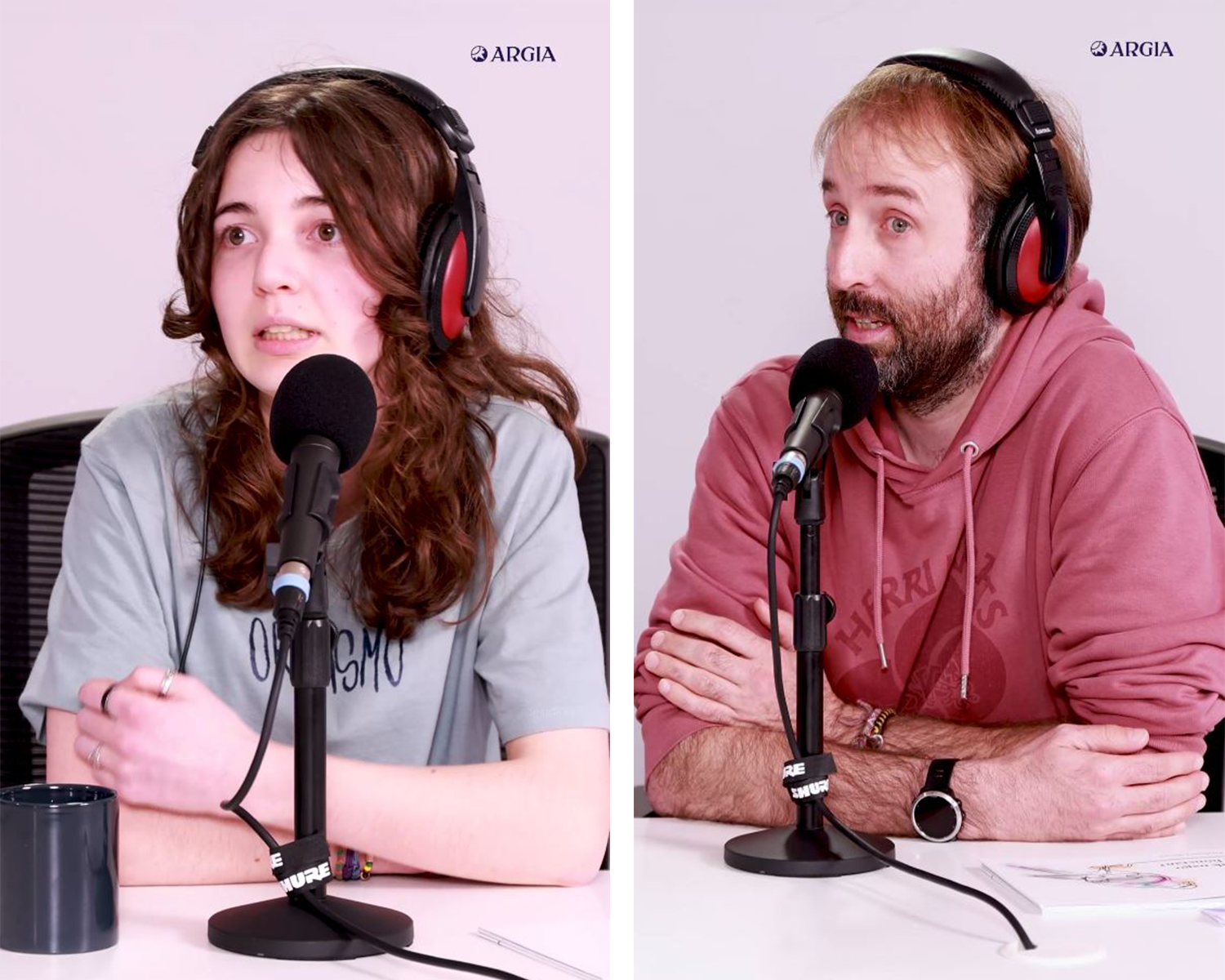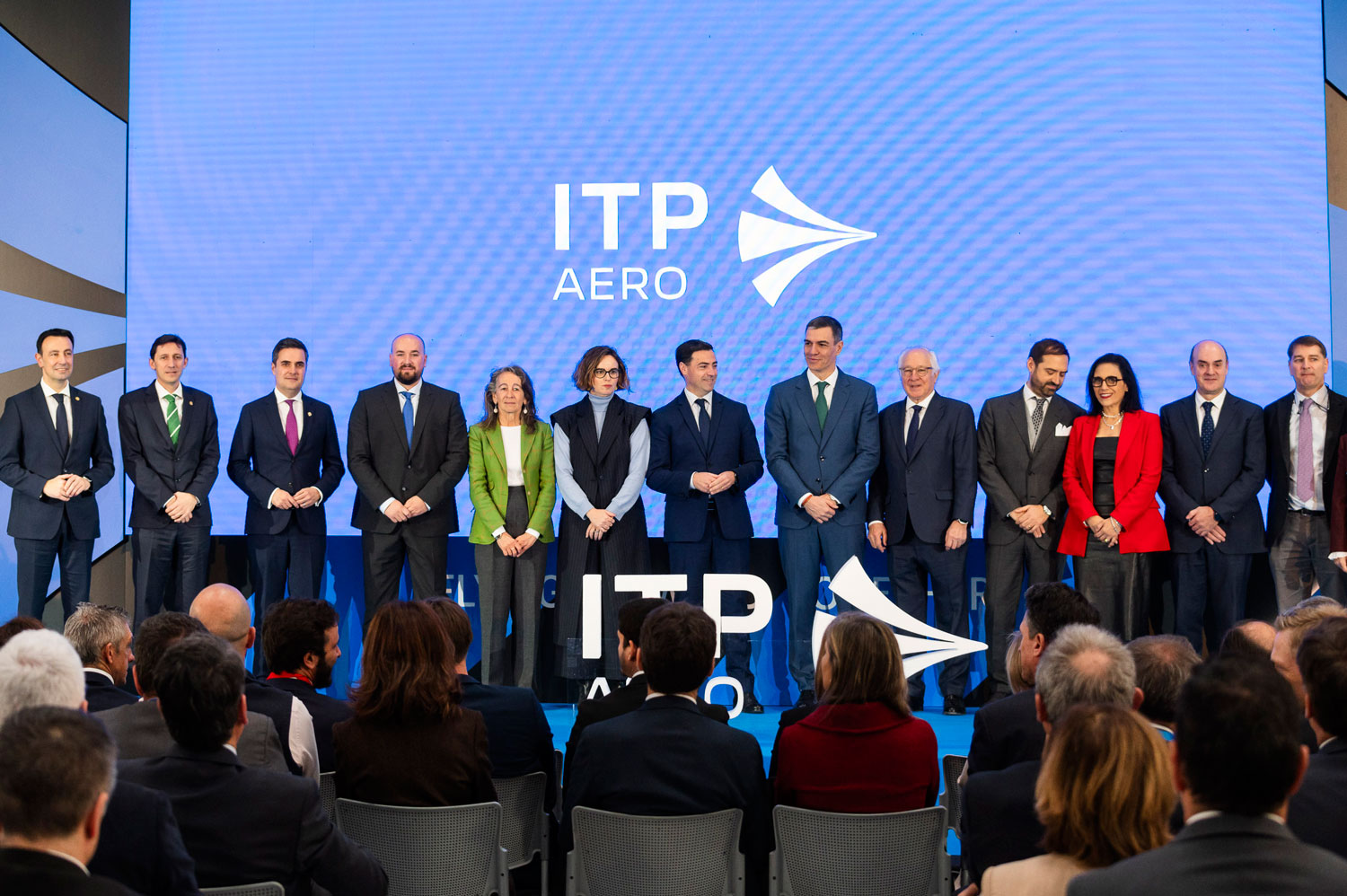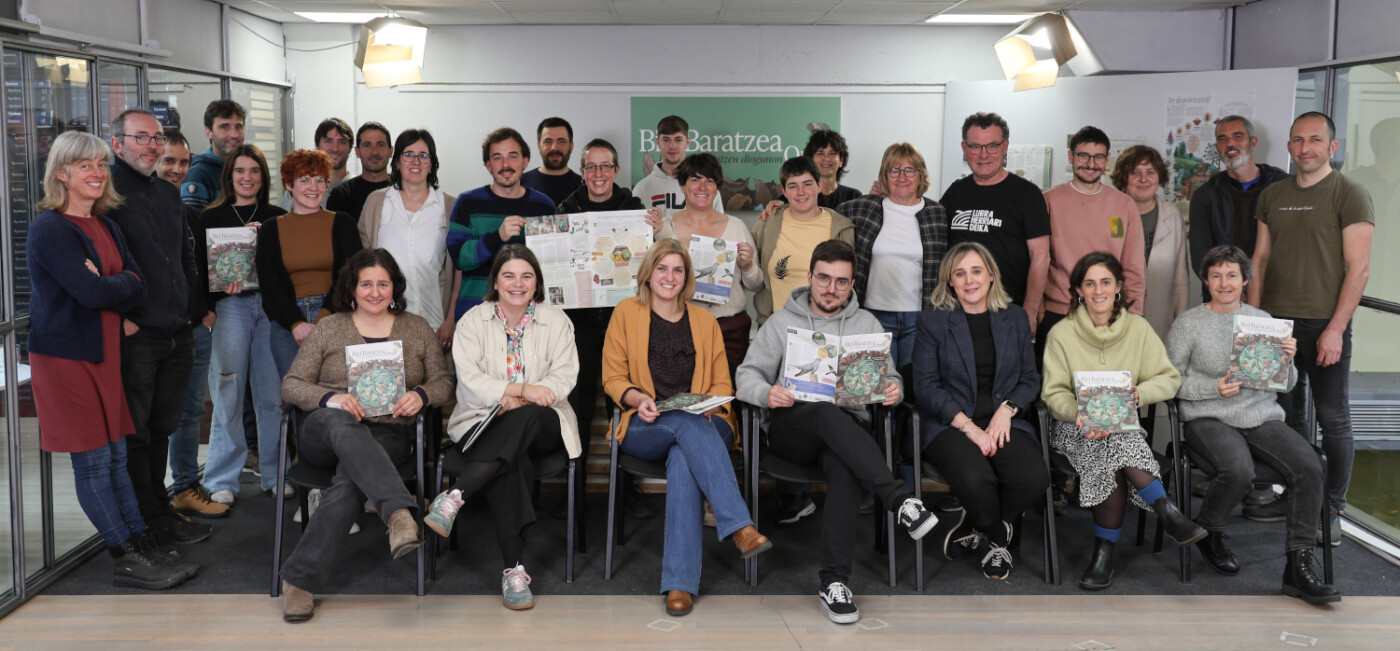"We live disoriented by false expectations"
- Tolosa, 1962. He was the coordinator of the Interview for fourteen years. He has been the director of the Baketik centre since 14 October 2006. He is the author of the book Educating to be a person (8 learnings). We arrived at the book trail.

We have highlighted the phrase “Life is a film that is remade every day” in your book, among other things.
Those of us who speak of Baketi say that a person can turn away from himself, turn away from himself and analyze himself. That is, a person can experience his character and see life as a movie. I can see and analyze what I have done this morning, whether I have done it right or wrong, and whether I can improve it, that is. This ability is the essence and characteristic of human beings. Moreover, this ability allows us to be scriptwriters of life as well. We can refocus the next chapter of life. To some extent we can be the directors of our lives.
You wrote two books before you grew up being a person. What are the books in Baketik's career?
The first (Being human in conflicts) explores how to deal ethically with conflicts. It contrasts with the logic that has been established in the decisionmaking of conflicts; it does not adhere to the methodology commonly used to deal with conflicts. We believe that there is no good resolution of the conflict if one does not raise the truth of the conflict with oneself. In other words, he must recognize that his conflict with others is also a conflict with himself. The problem requires an ethical clarification: “Why don’t I have the whole truth and why is everyone else right?”
Where does the problem of collaboration begin?
From this question came the book Living and Living Better. It offers four basic learnings. To these we have added four more in the book Educating to be a Person. The eight studies are aimed at a better positioning in life and a better approach to coexistence.
In the book, seven learnings are worked on to arrive at one fundamental: the learning of love.
In Baketiket we rely on the learning of the human experience to clarify the essential for life. These learnings are eight experiences – organized in four, three and one section. Once you start working on the process, it’s up to the people. I mean, you don't have to learn anything new, you have to clarify the experience that exists in each person. That's the key.
Because it means...
Humans, whether Basque, Chinese or Austrian, all have limited experience. We are limited people, we carry the limit of gratitude, we listen to conscience or we live with the limit of the meaning of human dignity. All these experiences are within us, they are of great educational potential and they must illuminate the basis of life.
Spirituality has a place in the book. Spirituality does not necessarily mean religion.
On the one hand: One of our goals at Baketiket is to be understandable. We are in Arantzazu, the identity center of religion, but our identity is characterized by looking at believers as well as unbelievers. Second: there is a serious confusion between religion and spirituality, and as a result, a very important part of society has neglected spirituality, believing that spirituality has nothing to do with life. We, on the other hand, say that spirituality is a natural star and characteristic of human beings. Another is the religious faith, supported in spirituality, which goes beyond. Man has underestimated the spiritual star and that is dramatic. However, the recovery of the spiritual sheet is directly related to the challenges that people face. The teachings of the book are related to the spiritual being of human beings, they do not necessarily have to be related to religion.
Is the time of religion past?
I don't think so. We live in a time of serious crises: both economic and environmental, as well as an existential, psychological and/or personal crisis. As a result, society works on the “search.” There are many ways of searching, and one of them is the religious way. It is simply a question of whether religions clearly respond to the needs that society is seeking.
How do you live your religion?
I cut myself completely with the religious and Christian world at the age of sixteen because I thought it was stupid. Our generation was exposed to religion in a Puerto Rican or unfounded way. It was very difficult to live attached to him. Later, the memory of this puerility remains within you. However, if one is lucky enough to explain religion in a renewed way, with maturity, there is religion that one sees in the other. I have been fortunate to receive the Christian faith again because I have met people to receive it with maturity. This has helped me to live religion in a different way. Acting in Arantzazu and Baketi helps in this.
“My grandparents, who didn’t go to school, they were educated, they had a solid human formation. How could they have succeeded? What would they have done among us?” writes Xabier Etxaniz Erl in the Light. What does it suggest?
The biggest change in our grandparents’ lives today has been around essential human learning. In our world there are countless expectations about life, coexistence and happiness. These expectations are completely disoriented. These false expectations did not exist in the time of our grandparents, there were better and worse things, but among the good there were no current false expectations about life.
Nowadays, words often have a double meaning. The word commitment, for example.
To distinguish and clarify the meaning of the words, there are two questions: From where? From where? And for what? You have made a commitment. A person is an ardent activist for a political or human cause: “What a productive person!” we say. Are you sure about that? For what reason? What does he want to achieve with it? Are you looking to help the other person or feel good about yourself? That is, if the commitment to others is to feel benevolent, it is not a fruitful and selfless commitment. The key is to dedicate oneself to the gift. And for what? : Do you want to be more independent or independent? We have the example of cooperation in the third world: why do we help them? To be independent or more dependent? Knowing where and why well should clarify the commitment, it requires being humble.
“He who seeks the truth must be more humble than dust,” Gandhi said.
Because the starting point is to accept that you are not the owner of the truth. The definition of humility is wonderful: “Humility is the knowledge and acceptance of one’s own limitations.” To be aware of this is to be humble and humble. Humility is a vital premise for seeking the truth.
There is a terrestrial truth: the truth of science. The other is religious: truths that require faith.
The answer to this is paradoxical. There is no truth that can be explained as definitive. In life, however, you have to choose for a truth, you have to choose for your search for the truth. The way in which religion or faith lives is closely linked to the acceptance of this paradox. This is the affirmation. There is no certainty about a definite truth, but I must believe it in order to continue taking steps in the truthfulness of my path. Even the one who does not believe in God makes a choice for a truth.
The first seven chapters of the book focus on love. To love but, in the spiritual sense, it is not fashionable.
Love has no spiritual meaning, love is spiritual. It is spiritual or not. It is not material, it has a spiritual dimension, it is not like the other characteristics. Love is the most important thing in life, but it doesn’t say why. And it's worth saying. Our thesis is this: love is the most important thing for life because it helps to overcome the anguish of existence. Because it tells us the anguish of dying, the anguish of the end and that our path is ephemeral. The experience and trust of love overcome the anguish of existence. Love is the key to discovering the fear of existence and death that we carry on our backs.
Juan Garmendia Larrañaga tolosarrak Argian esana: “Asko balio du, meritu handiko gizona, bere burua berak egindakoa, Jonan Fernandez Erdozia da hori”.
Eskertzen dizkiot hitz horiek Juanitori; bihotza ukitu dit. Ez naiz meritu handiko pertsona, baina polita da esan duena. Txikitatik ezagutzen dut. Nire aitona-amonak, erdoziatarrak, Etxarri Aranatzetik etorri ziren Tolosara; Juanitoren familiaren etxeko ganbaran bizi izan ziren alokairuan. Gure familiaren jatorria oso umila da.
Bere burua berak egindakoa...
Ez dut unibertsitateko ikasketarik. Bizitzak eta neure intuizioak bultzatu ninduen beste bideetan erantzunen bila joatera. Hamasei urterekin atera nintzen mundura, motxila harturik. Autodidakta naiz, neronek osatu dut nire burua.
Baketik zentroan gaude. Galdetu al diozu zure buruari nola iritsi zaren Arantzazuraino?
Bai, hainbat aldiz, eta segitzen diot galdetzen. Lau urte daramatzat hemen. Duela bost urte ez zitzaidan burutik pasatzen inolaz ere, egun proiektu honetan izango nintzela. Halere, bizitzan ibilitako bide guztia leku honetara iristeko ikaskuntza izan dela sentsazioa dut.
Espiritualtasuna bizi duzun seinale.
Bai. Nire burua espiritualtasunera zabaltzea faktore funtsezkoa izan da.
Liburuak ikaskuntzak eskaintzen ditu. Enpatiaren plusa ataletako bat da. ARGIAko 2094. zenbakian (2007-06-24) Larrun gehigarrian (PDF) euskal gatazkaz eztabaidatu genuen. Horrela zioen titular nagusiak: “Biktimekiko enpatia eza gatazkaren sintoma larria”.
Hiru urte luzeren ondoren, hona Jonan Fernandezek enpatiaz eta gatazkaz esandakoa:
Gizarte hau asko aurreratzen ari da bizikidetzan. Giza eskubideak nahiz gizaki arteko enpatia bereganatu beharraz jabetzen ari da. Jendarteak asko ikasi du sufrimenduaren eraginez, sentsiblegoa da sufrimenduaren aurrean. Iraganean, urte zenbaitetan, motel ibili ginen, baina sentsibilitatea onduz eta garatuz goaz. Aldaketa garaiak bizi ditugu. Baketik-etik, datozen aldaketek elkarbizitza eta errekontziliazio prozesua uztartzeko aukera eman daitezen desiratzen dugu, sare sozialak ehunduz eta lotuz joan daitezen.
Gizarte gatazkei aurre egiteko bide orria irudikatu dugu eta bidean abiatzeko Pertsona izaten hezi liburuko lau premisa sartu ditugu gure zakuan: izaera mugatua, esker ona, kontzientziari entzutea eta giza duintasuna. Hona Jonan Fernandezen hitzak:
Lau oinarri horiek edozein testuinguruan aplikatuak baliagarriak dira. Demagun, trauma bat, eritasun bat edo istripu larri bat jasan ditugula edo senitarteko heriotza bizi dugula. Nola heldu horiei? Nola onartu galdu duguna?
Bat: horiek onartzeko, gure izaera mugatua dela onartu behar dugu.
Bi: baloratu behar dugu bizitzan zenbat gauza on dugun bizitzen jarraitzeko: seme-alabak, lagunak, lana, proiektuak.
Hiru: pentsamendu zuzenak behar ditugu, kontzientziari kasu egin behar diogu.
Lau: galdu duguna galdua ere, nork bere lekua dauka munduan. Familian, lagun artean, auzoan, lantegian. Horiek guztiak dira giza duintasunaren abala.
Zentzu horretan, jarduera intelektuala, bitarteko edo baliabide bezala, gure bizitza eraldatzeko gainbaloratu dagoela esan nahi dugu. Hau da, pentsatzen eta pentsatzen, gauzak aldatuko ditugula pentsatzeko joera dugu. Neurri batean ongi dago uste hori, jarduera intelektuala eta erreflexiboa beharrezkoa da, baina errealitatea batez ere eraldatzen duena barne esperientzia da, esan nahi baita, jarrera espirituala. Jarduera intelektualaz eta erreflexiboaz harago doana, nork bere buruarekin esperimentatzeari lotua dagoena.
Halaber, alde afektiboak laguntzen digu bizitza eraldatzen, beste pertsona batekin alde horiek kontrastatzeak transformatzen gaitu, ekintzak eraldatzen gaitu. Bizi dugun gizartean, eztabaidan ari gara eta askotan, gogoeta intelektual soilaren bitartez egoera transformatuko dugulakoan gaude. Askoren ustea eta joera hori da. Hori egia da neurri batean. Izan ere, bizitzan izari edo dimentsio gehiago behar dira, hala nola, isiltasuna edota meditatzea, paseatzea edo ariketa fisikoak egitea. Dimentsio horiek laguntzen dute pertsonaren eraldaketan, baita bere inguruaren transformazioan.
Pertsona hezteko, geure izaera mugatua dela onartzea gakoa dela diozu. Esate baterako, ondokoekin diferentziak negoziatzeko unean.
Mugatuak garela onartzea abiapuntu funtsezkoa da edozein egoeran. Onarpen horrek hobeto kokatzen gaitu pertsonak bezala munduan eta bizitzan. Bestela esanda, mugatuak garela onartzeak izan gaitezkeena hobeto erakusten digu. Gure akatsak eta gure ondoan –testuinguruaren arabera– ditugunen akatsak onartzeak haiekin negoziatzen laguntzen digu.
Negoziazioaren arazoa hau da: bi abiapuntutik hasten gara negoziatzen, gure mugak eta akatsak erraz ulertzen eta barkatzen ditugu, baina besteekin oso gogorrak eta exigenteak izaten gara. Negoziazioa gure gainean proiektatzen dugun exigentzia mailaren –edo idealaren– arabera planteatzea akatsa da. Gure izaera mugatua eta negoziazioa oso lotuta daude.
Ismoen ondoko garaian, insistentzialismo etikoa proposatzen duzu.
Zazpigarren ikaskuntzari lotua da insistentzalismoa, pazientziaren plusari. Baketik-en pazientziaren ideia berreskuratu nahi dugu. Pazientzia bizitzako zailtasunei aurre egiteko pertsonak daukan bitarteko natural eta printzipalena dela diogu guk, betiere, zailtasunak patologikoak ez direnean. Horretarako, ezinbestean, bitarteko ez naturalak daude. Pazientzia gurekin dugun baliabide naturala eta berebizikoa da. Insistitzen jakitea –eustea edo konstantea izatea– bizikidetzarako pazientzia garatzea da, hobeto bizitzeko ariketa alegia.
My mother always says: “I never understood why World War I happened. It doesn't make any sense to him. He does not understand why the old European powers were involved in such barbarism and does not get into his head how they were persuaded to kill these young men from Europe,... [+]
"Ask for your turn and we'll join you," the willing and cheerful announcer who speaks from the studios tells the young correspondent who walks through the streets of Bilbao. The presenter immediately addressed the audience. "In the meantime, we are going to Pamplona..." They opened... [+]
At the beginning of the year, the Zedarria group publicly supported the "opening of the debate" on the "defense" industry (as well as the nuclear industry), to which the Basque Government has immediately joined. First, through Mikel Torres, Vice President and Economic Counselor, who... [+]












